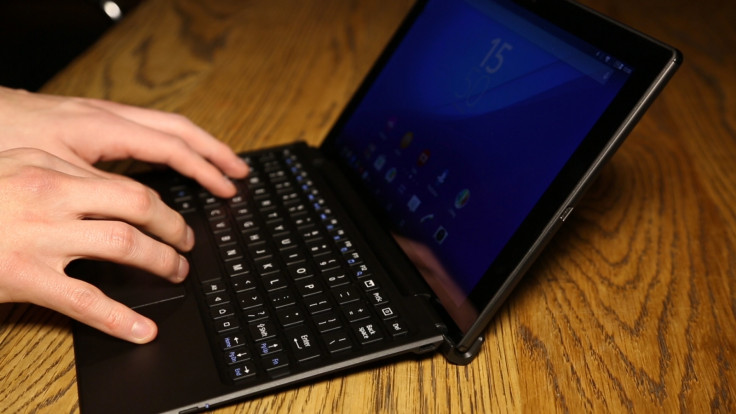UK: Police report dramatic rise in crimes on Twitter and Facebook

Police have reported a rapid increase in the number of crimes involving social media across the UK.
38 out of 45 police forces across the country recorded a dramatic hike in the incidence of offences committed on Facebook or Twitter in 2014, compared with the previous year.
The Metropolitan Police received 1, 207 crime reports which mentioned Facebook in 2014, an increase from 935 in 2013 and 997 in 2012. 24 forces said they also received more which mentioned Twitter last year than in 2013.
In many other forces, incidents have risen by a third or more in the past 12 months. Great Manchester Police said 959 crime reports in 2014 cited Facebook, as compared with 512 in 2013, while Essex Police saw their figures double to 432.
Allegations of sexual offences, harassment and threats to kill were among the most serious incidents. The new figures were revealed after freedom of information requests by the Press Association.
Anyone who feels that they are being harassed on social media should report it to the police via the dedicated True Vision website so that we can investigate it fully.
DCI Tonya Antonis, from the newly formed Norfolk and Suffolk cyber-crime unit, said: "I think, quite simply, it is because everyone is using technology now ... and it's part of everyone's everyday life. It's important to victims of crime that they have confidence in coming forward and reporting to us and important for us to have an opportunity to investigate it and bring offenders to justice."
The statistics are probably even higher in reality, with so many cyber crimes going unreported, while the anonymous nature of social media means it's often difficult to track down the perpetrators.
Those who have contacted police after being subjected to online abuse have often found little help from police. 17-year-old Brenda Matho, who contacted police after becoming the victim of anonymous racial abuse over social media, said: "The police came over and we had a chat about it and they said they were to going to try and do something about it but a few months later ... nothing."
Several high profile cases have highlighted the growing problem and have resulted in the successful prosecution of the perpetrators.
Labour MP Stella Creasy and feminist activist Caroline Criado-Perez were both bombarded with abusive tweets over a campaign for Jane Austen to feature on £10 notes. A police investigation led to three people being prosecuted. JK Rowling was subjected to online abuse over her political views while TV presenter Sue Perkins quit the micro-blogging site after getting death threats over false reports that she was to become the new host of Top Gear.
Phil Neville's family on end of horrendous abuse
Julie Neville, the wife of ex-England footballer Phil Neville, spoke out today against Twitter trolls after the couple and their disabled daughter were subjected to an horrendous campaign of abuse
"I think the worst things are, Phil has received death threats through Twitter and I've had people threaten to rape me," she told the BBC.
"We had one incident where two guys put on Twitter that you can buy T-shirts and the actual writing on the T-shirts was: 'Phil Neville's daughter is a spastic, she's a Cyclops and she has eight toes'.
"People feel that they have no social responsibility on Twitter. If people posted these things through our letterbox they would be done for stalking."
Supt Paul Giannasi, from the National Policing Chiefs' Council, believes there is a responsibility on police and internet providers to protect people online.
"Anyone who feels that they are being harassed on social media should report it to the police via the dedicated True Vision website so that we can investigate it fully," he said.
© Copyright IBTimes 2024. All rights reserved.






